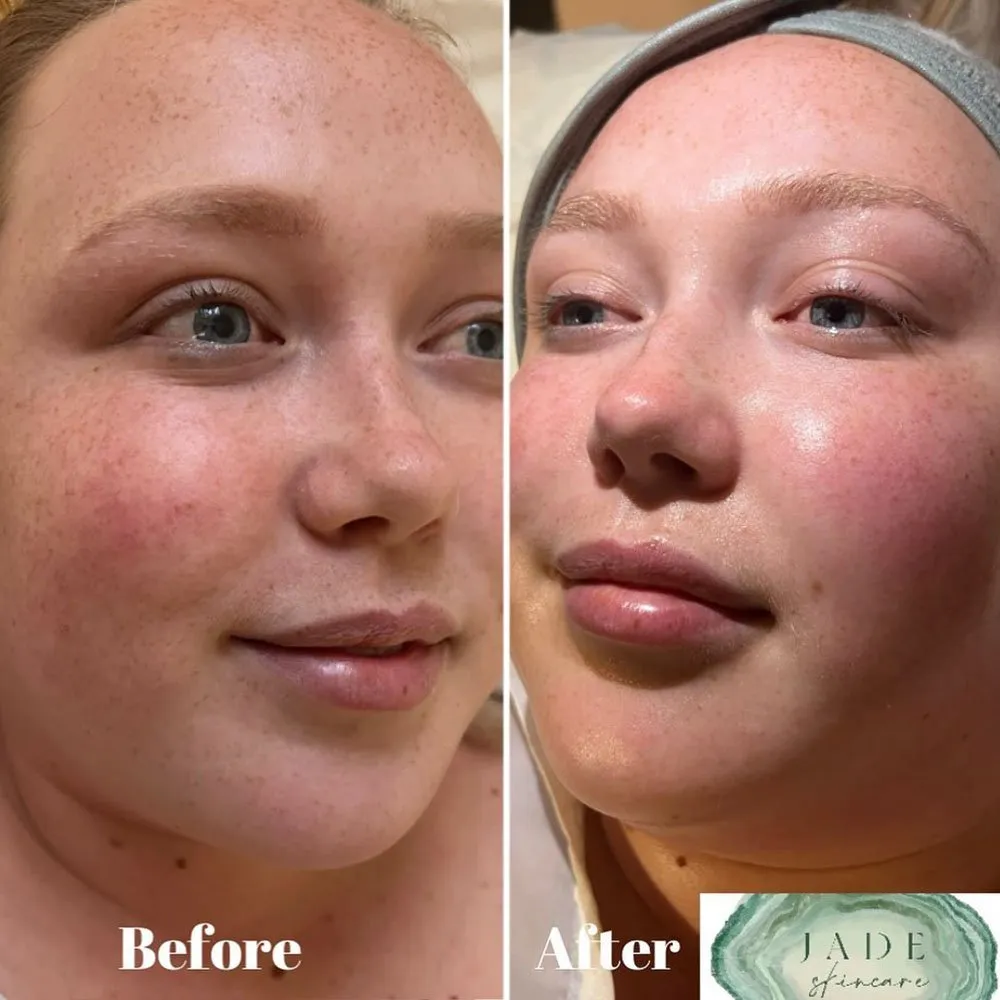
But there was another twist to the study. When the mothers were then asked to observe and rate their children’s behaviour, those who thought their sons had been consuming sugar said they were more hyperactive than the mothers who knew they had drank a placebo. The other half were told the drinks really contained an artificial sweetner, not sugar.


In the experiment half the mothers were led to believe their sons were drinking something sugary. One study set out to test the expectation of parents who believed that sugar had a bad effect on their sons. We see kids get more unruly, notice how much sugary food they’ve had, and then assume there must be a link. Yet so many of us have watched children arrive at a party as reasonable, polite human beings, eat copious amounts of cakes and sweets and then transform into over-excited, over-energetic little devils – so how do we account for this? As the party goes on children play more games, and inevitably get more excited and then over-tired, when of course their behaviour deteriorates. But the results of the meta-analysis were clear: sugar could not be shown to affect behaviour or cognitive performance. All but one of the sixteen studies had fewer than fifty participants and one had just five. There are two main types of research: some studies gave children either sucrose or an artificial sweetener, such as aspartame, and then monitored their subsequent behaviour without children or parents knowing whether they ate real sugar others focus on children with a diagnosis of attention deficit hyperactivity disorder (ADHD), or another condition to see whether sugar affects them particularly.īetween them, the studies covered age ranges from two to thirty, and were well-designed though fairly small. The most comprehensive study is a meta-analysis carried out in 1995, where the authors searched for the best-designed studies on the subject, combined the data and re-analysed it. The idea that sugar affects behaviour is widely believed and there are various hypotheses that attempt to explain how, including some children might have an allergic response to refined sugar, or have abnormal patterns of blood glucose levels.īut the evidence for a link between sugar consumption and hyperactivity is surprisingly slim.

In an attempt to hold calmer, more relaxing parties, some parents hold sugar-free events, swapping fairy cakes and fizzy drinks for hummus sandwiches and water. If you’ve ever been to a children’s birthday party and noticed how they tear around the room, getting more and more excited the longer the party goes on, you’ve probably also heard an adult remark that the increasingly rowdy behaviour is due to the amount of sugar they’ve consumed. Many of us have watched children arrive at a party as reasonable, polite human beings, eat copious amounts of cakes and sweets and then transform into over-excited, over-energetic little devils – so how do we account for this?


 0 kommentar(er)
0 kommentar(er)
